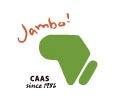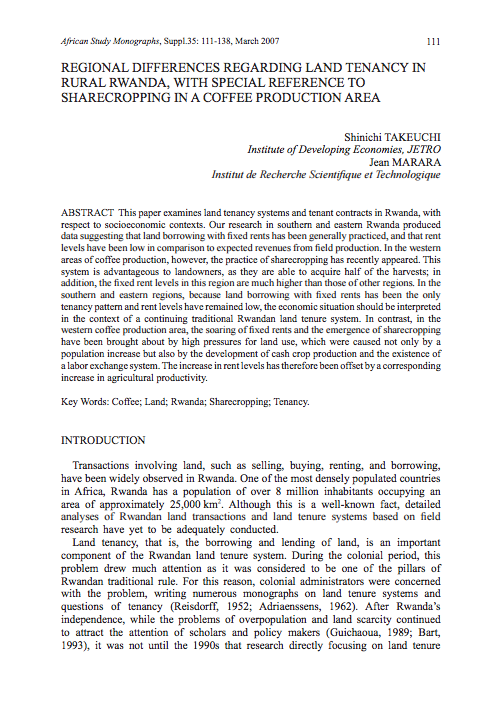Location
The Center for African Area Studies (known as the "Africa Center") is foundation for African studies based on a deep understanding of Africa's natural environment, societies, and cultures that exists for the purpose of clarifying the uniqueness of various regions of Africa and contributing to endogenous development in Africa.
The forerunner of this center was the first African research institute to be established at a national university in Japan and was founded in April of 1986.
In 1996, the original faculty became a part of the Graduate School of Human and Environmental Studies at Kyoto University, and the Center for African Area Studies was established to take over its work.
The main activities of the African Center are (1) promoting interdisciplinary research, (2) hosting extension lectures and public seminars to apply research results for the benefit of society, (3) engaging in research exchanges and international cooperation based on international academic agreements, and (4) providing research information and network building.
The Africa Center, a distinctive institution for African Area Studies based on the fieldwork tradition of Kyoto University, plays a role in promoting both national and international research exchanges and research cooperation.
The Center for African Area Studies (CAAS) publishes African Study Monographs, periodical journal with occasional supplements.
Members:
Resources
Displaying 1 - 1 of 1Regional Differences regarding Land Tenancy in Rural Rwanda, with Special Reference to Sharecropping in a Coffee Production Area
This paper examines land tenancy systems and tenant contracts in Rwanda, with
respect to socioeconomic contexts. Our research in southern and eastern Rwanda produced
data suggesting that land borrowing with fixed rents has been generally practiced, and that rent
levels have been low in comparison to expected revenues from field production. In the western
areas of coffee production, however, the practice of sharecropping has recently appeared. This
system is advantageous to landowners, as they are able to acquire half of the harvests; in


